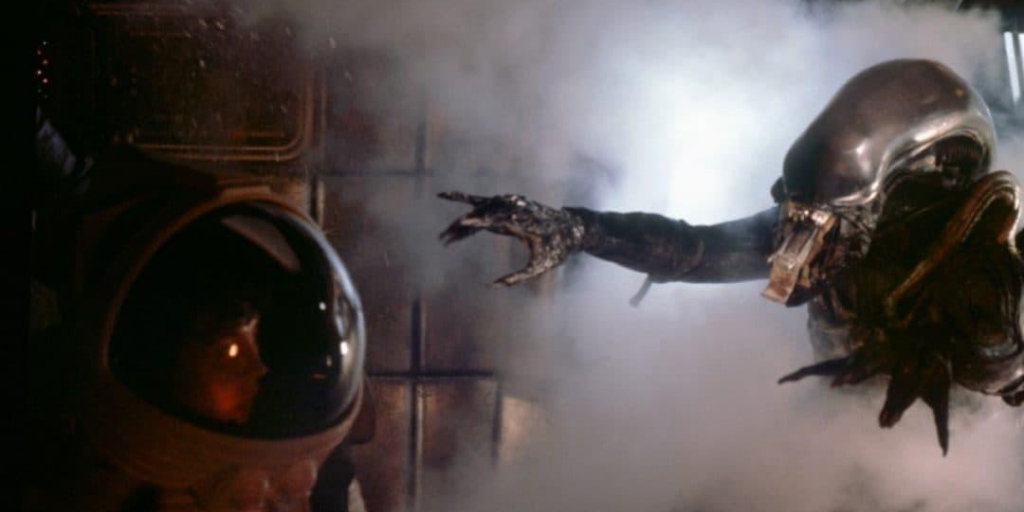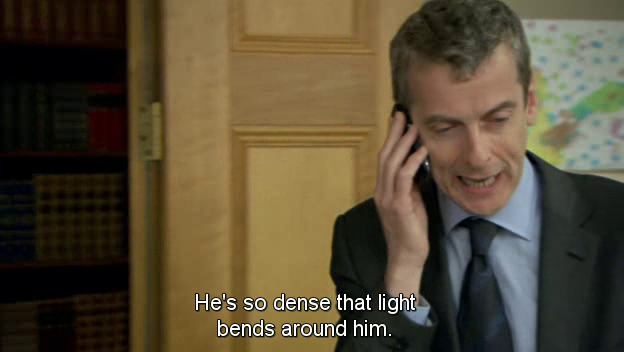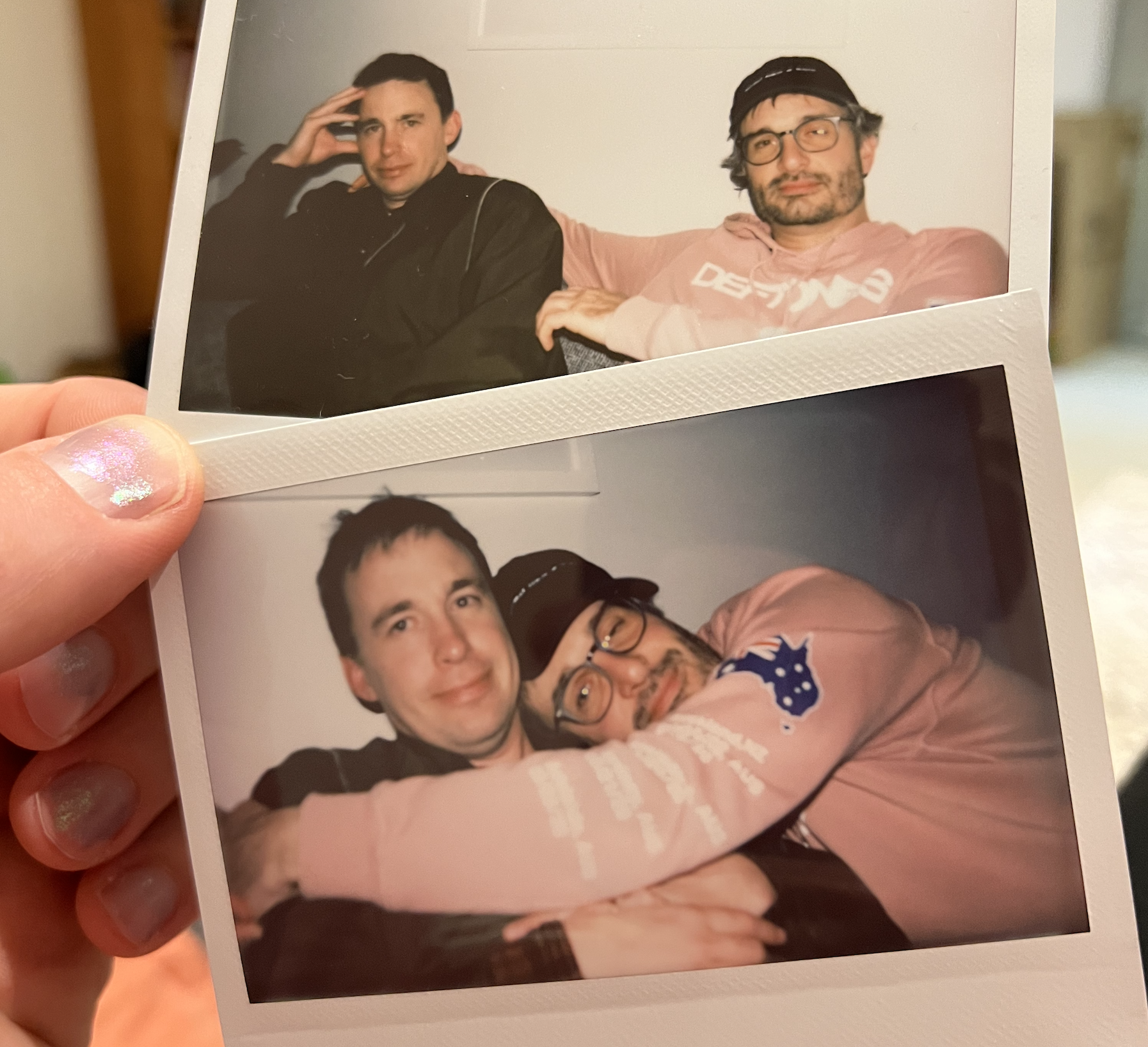Shouting Insults From Passing Cars
Why are we so quick to scream at others online?

Hi,
I’ve just had the most beautiful, invigorating time exploring the South Island of New Zealand. I’ve just posted some photos of my trip here if you’re interested — just moments that stood out to me.
And after three beautiful weeks in New Zealand (kicking off with the Webworm popup), it’s time to head back to America where I’ll be preparing for what I assume will be an insane time. I particularly enjoyed this recent speech from Donald Trump where he could not have sounded more like Satan:
“Christians get out and vote. Just this time. You won't have to do it anymore. Four more years. You know what? It’ll be fixed. It’ll be fine. You won’t have to vote anymore, my beautiful Christians.”
In other news (and sorry, this one is an abrupt horrible turn) Russ McKamey — the unsettling man I met in 2016’s Dark Tourist — has been charged with attempted murder and rape. I’ll be following this case closely. While making the show, our whole team found the entire culture around McKamey manor incredibly charged — full of allegations, murk and chaos. But the fact he’s been charged shows that police think they have a case.
As I pack my suitcase, I wanted to send the latest missive from Hayden Donnell, who’s written about something I’ve been thinking about a lot lately: Why people scream so much online.
In the calmness of the Webworm world, we wanted to talk about it.
David.
Shouting Insults From Passing Cars
Our monkey brains are wired to experience empathy in face-to-face interactions. Social media makes it easier to dehumanise our opponents because we can’t see them making a sad face.
by Hayden Donnell.
When Elle Hunt posted a Twitter poll asking people to settle an argument and decide whether Alien is a horror movie, it didn’t take long for the deluge of insults to start. Most were brief and to the point. “Yes, you weirdo,” said one. “Of course it fucking is,” said another.
Others wrote lengthy screeds about Hunt’s apparently audacious demand for unpaid labour. “If you can’t see that it’s a horror film you have no clue what ‘horror’ is and I’m not schooling you in it. Do your own fucking research (signed, major horror editor),” said horror editor Ellen Datlow.

In real life, Hunt is quite nice. You probably wouldn’t call her “dipshit” or “dumbfuck” even if you did overhear her voicing a poor opinion about Ridley Scott’s filmography. In the confines of Twitter, things went a little differently. There were 1500 quote tweets. More than 2000 replies.
The force driving the several-day onslaught on Hunt’s mentions has been coined the online disinhibition effect. Film nerds, generally some of the meekest and most unassuming people on the planet when you meet them in real life, tend to turn into Malcolm Tucker from The Thick Of It on the internet when you say you found The Thing a little boring. They’re not alone. A horde of angry goblins will materialise in your replies if you so much as think the words “Jacinda Ardern”.

Social media anonymity is part of the problem. As the New Yorker cartoon says, on the internet, nobody knows you’re a dog. Neither do they know the local accounts person from KPMG is a virulent antisemite whose main passion is stopping trans people from having self-esteem. An absence of consequences allows people to indulge their darkest, most antisocial impulses.
That much is obvious, but another factor is even more basic. It’s buried in the recesses of our lizard brains. People are overly aggressive online because they can’t see each others’ faces.
It almost seems too simple to be true, but there’s actually decent evidence that many of the world's problems are made worse by the fact we can’t see people getting upset when we’re mean, or happy when we’re nice. Webworm’s in-house psychotherapist Paul Wilson says humans are hardwired to resolve disputes in person. We may have robot vacuums and AI picture generators capable of fooling Boomers by their thousands, but in our most basic essence, we’re still barely evolved monkeys who need to see sad face to know man sad. Without that feedback, our empathy is easily bypassed and our sadism can get cranked up.
It didn’t start with social media. Some people trace the spiralling radicalisation of the American right in part back to Newt Gingrich discouraging Republican elected representatives from moving to Washington with their families. Before then, Democrats and Republicans socialised in the same places. Their children went to school together. It’s harder to go on Newsmax and portray someone as a demon harvesting the blood of children in underground caves when you have to make small talk with them on the sidelines at an after-school soccer game the next day.
But social media universalised the issue. It made the world into a road and everyone else into passing cars. Just as you’re more likely to honk your horn and shout unspeakable things when a faceless figure in a metal box cuts you off in traffic, you’re more inclined to deliver a dehumanising screed of obscenities when someone is just an avatar saying annoying things.
Meeting in person can be like that awkward moment where you honk at someone, only to pull up at the next set of lights and realise they’re your neighbour from down the road. A few years ago the journalist Owen Jones met up with an online combatant at a pub. ‘George’ had called Jones a homophobe and a racist on Twitter. But when they sat down over a pint they had a pleasant conversation. Jones even unblocked his former troll. Asked why things had gone so differently online, George didn’t hesitate. “Probably cos we’re not looking straight at each other.”
Bigots wilt when they have to look their victim in the eye. Chaya Raichik, a woman who has made a career out of harassing anyone who doesn’t look and act like they’re from a ‘50s ad for laundry detergent, stammered and struggled in a stupid T-shirt during a sit-down interview with one of her regular targets, journalist Taylor Lorenz. New Zealand politician Shane Jones couldn’t come up with a defence for his party’s trans bathroom bans when asked whether he would apply those rules to a trans politician he once worked with in the Labour Party, Georgina Beyer.
These moments are increasingly few and far between. An impersonal internet has created a more impersonal politics, where opponents are easily caricatured and demonised. For Hunt, that depersonalisation was the strangest aspect of her cancellation for film crimes. “Every day I see people screenshotting and quote tweeting things as though the original poster won’t read it or see it,” she says. “It feels to me like the performativity trumps the thoughtfulness.”
In an online world, we’re not fallible people sharing our thoughts anymore. We’re just more content.
-Hayden Donnell.






